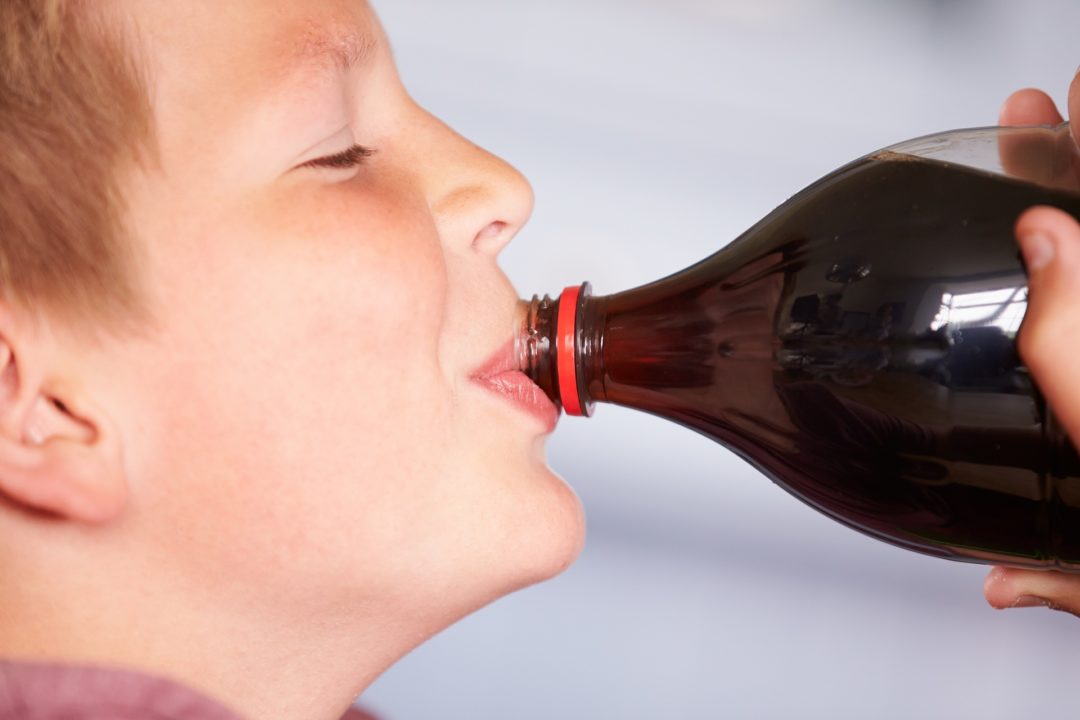
AHA Sets New Added Sugar Limit for Kids & Teens

The new recommendation, which was written by a panel of experts that did a comprehensive review of scientific research on the effect of added sugars on children health, also suggested children under the age of two should not have any added sugars in their diets, due to their calorie needs being lower and little room being left for food and beverages that will not provide good nutrition.
“Studies of nutrients such as added sugars are challenging, but over time the number of studies in children has increased,” said Miriam Vos, lead author, nutrition scientist, and associate professor of pediatrics at Emory University School of Medicine. “We believe the scientific evidence for our recommendations is strong and having a specific amount to target will significantly help parents and public health advocates provide the best nutrition possible for our children.”
Due to a lack of research for or against the routine use of non-nutritive sweeteners, such as aspartame, saccharine and sucralose in the diets of children, the experts could not make a recommendation for or against the listed no-calorie sweeteners. The experts also did not know whether the high sugar content in 100% fruit juices should cause the same concerns as beverages with added sugars (soda, fruit-flavored and sports drinks, sweetened teas and energy drinks) which were noted as one of the most common sources of added sugars.
AHA’s new standard comes on the heels of the U.S. Food and Drug Administration (FDA) finalizing new requirements for the Nutrition Facts label of package foods which includes listing a percent daily value for added sugars.
ublished in WholeFoods Magazine, October 2016, 8/26/2016

The editorial team at WholeFoods Magazine has decades of experiences reporting on natural products industry news, trends, and more. This national, monthly business-to-business magazine has been published continuously for nearly 40 years (the magazine was founded in 1977, and has been owned by Wainer Finest Communications since 1984). It is the longest-tenured media outlet of its kind in the natural products industry. The editorial focus at WholeFoods Magazine is, and always has been, on informing and educating members of the natural products industry.
The Magazine
Information
About Us
NOTE: WholeFoods Magazine is a business-to-business publication. Information on this site should not be considered medical advice or a way to diagnose or treat any disease or illness. Always seek the advice of a medical professional before making lifestyle changes, including taking a dietary supplement. The opinions expressed by contributors and experts quoted in articles are not necessarily those of the publisher or editors of WholeFoods.







